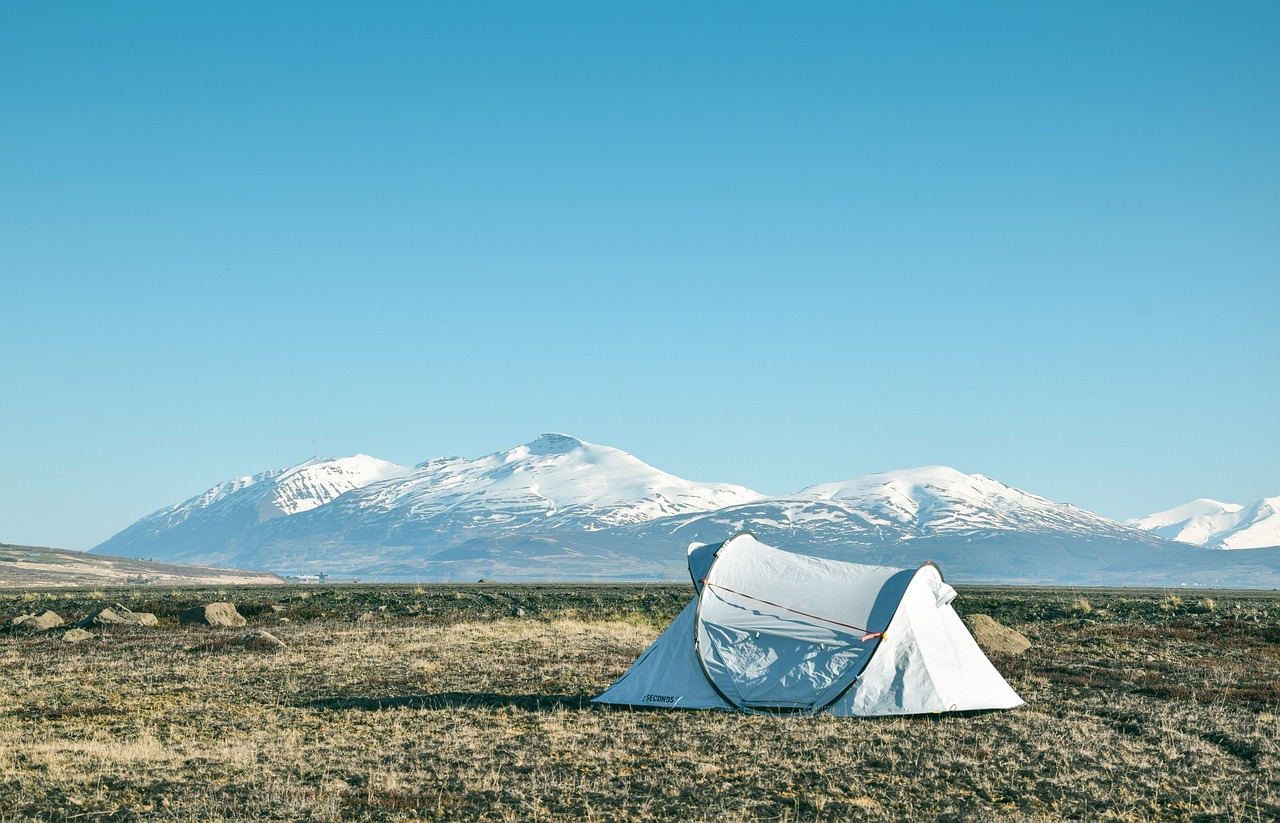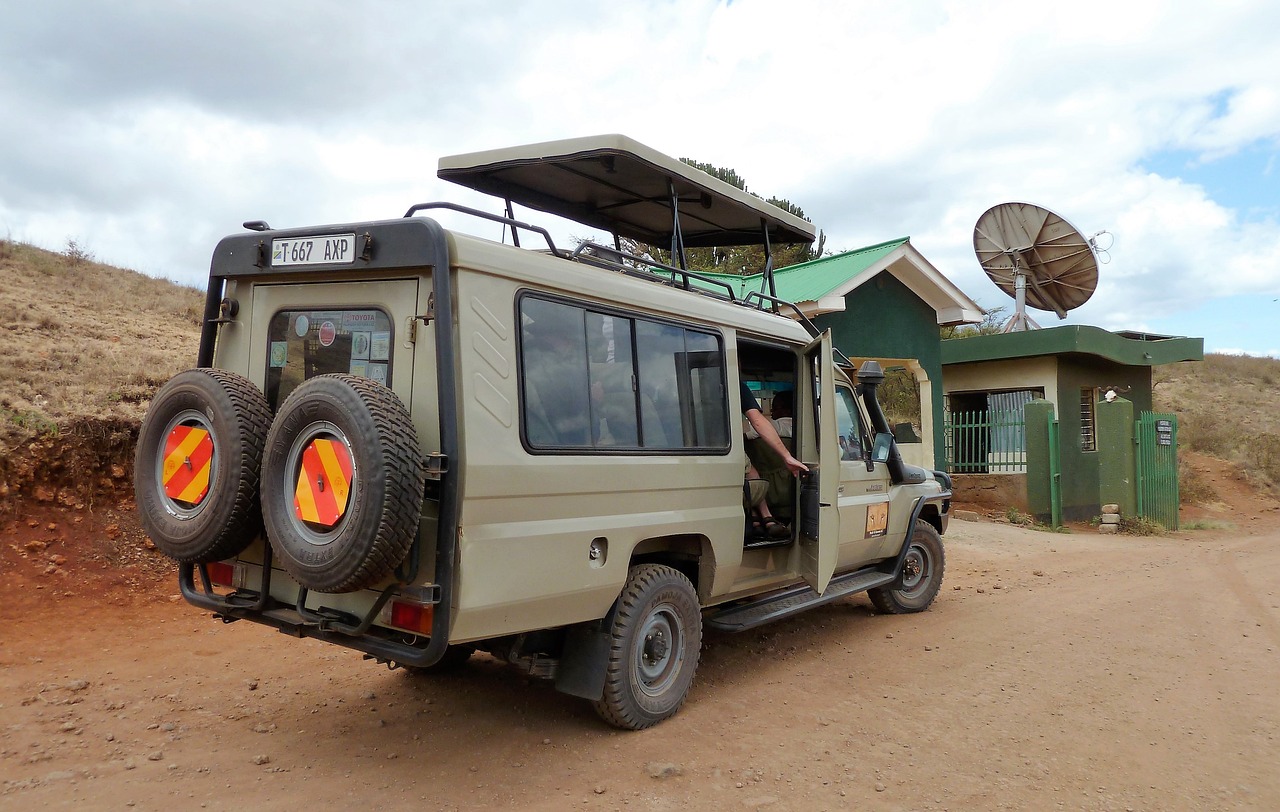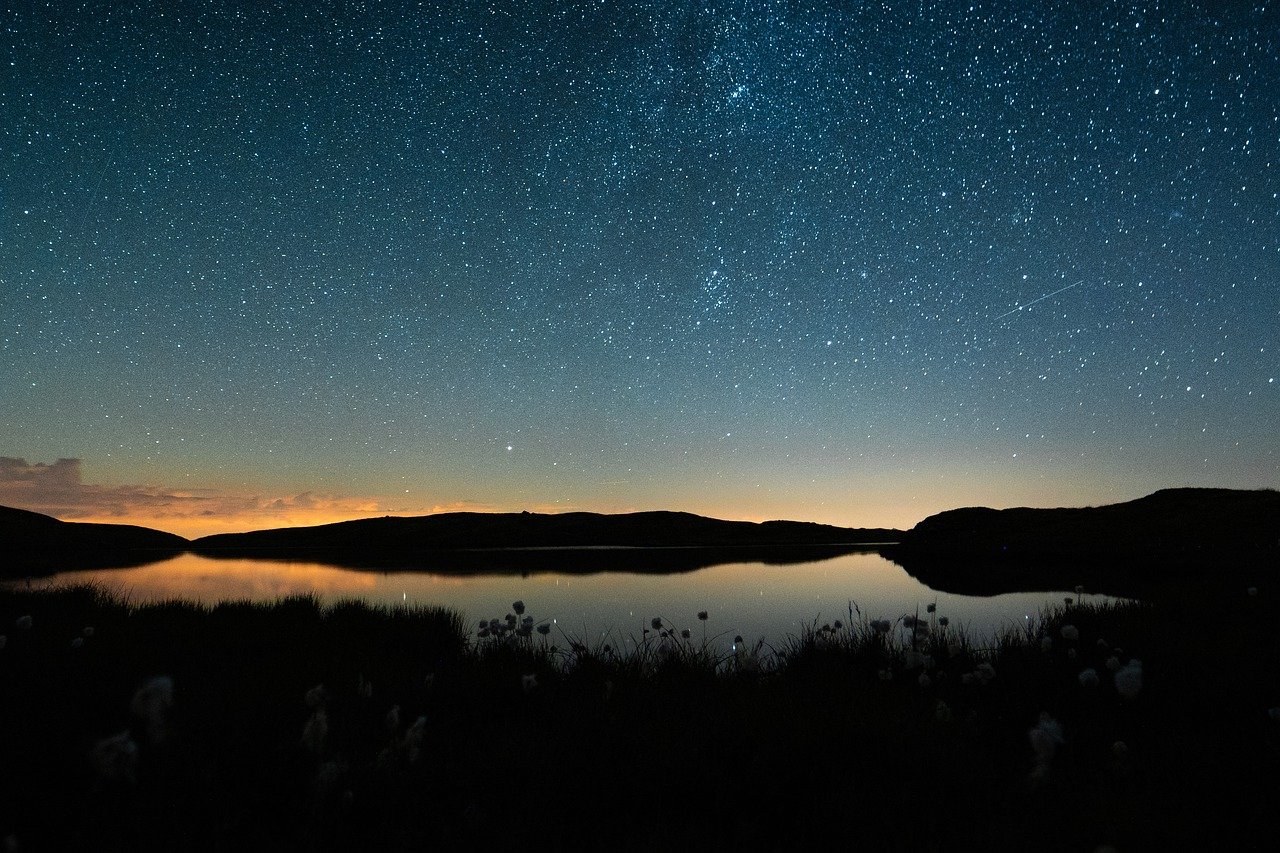A safari is, for some, a once-in-a-lifetime kind of adventure that takes A LOT of planning. Whether it's your first time or you're a seasoned explorer, it's best to ensure you're checking all the boxes before you embark to ensure it's as safe and rewarding as possible. We've compiled a list of 20 crucial things to know before you set off. From packing tips to understanding safari etiquette, these pointers will help you make sure you're thoroughly prepared.
1. Choosing the Right Destination
Africa's vast landscapes offer diverse options, from South Africa's Kruger National Park to the Serengeti in Tanzania. Consider what you want to see, the type of climate you prefer, and the activities you want to enjoy. It's also important to note that each destination has its peak seasons, so plan accordingly to see the wildlife you're most interested in.
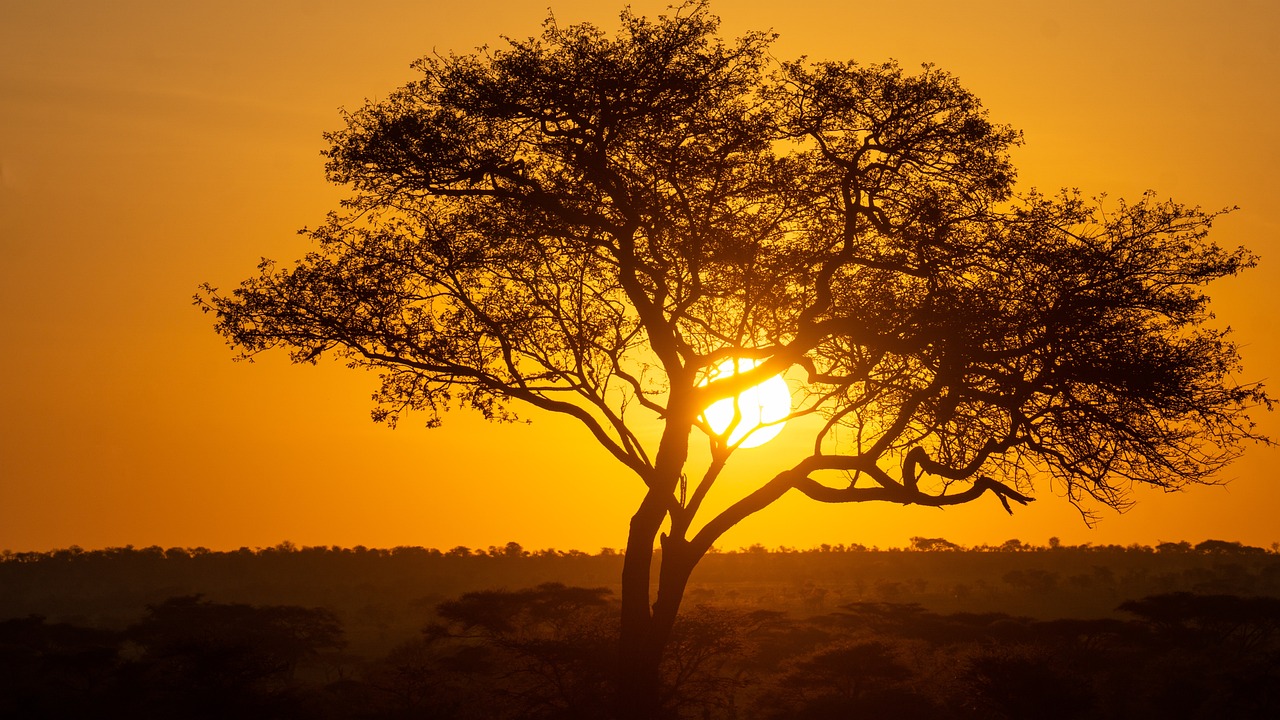 Image by Jürgen Bierlein from Pixabay
Image by Jürgen Bierlein from Pixabay
2. Best Time to Visit
Timing is everything when planning a safari. The dry season often offers the best wildlife viewing opportunities, as animals congregate around water sources. However, the wet season can be just as magical, because there are fewer tourists and the landscapes are lush and breathtaking. Research the weather patterns and animal migrations in your chosen area to pick the perfect time for your visit.
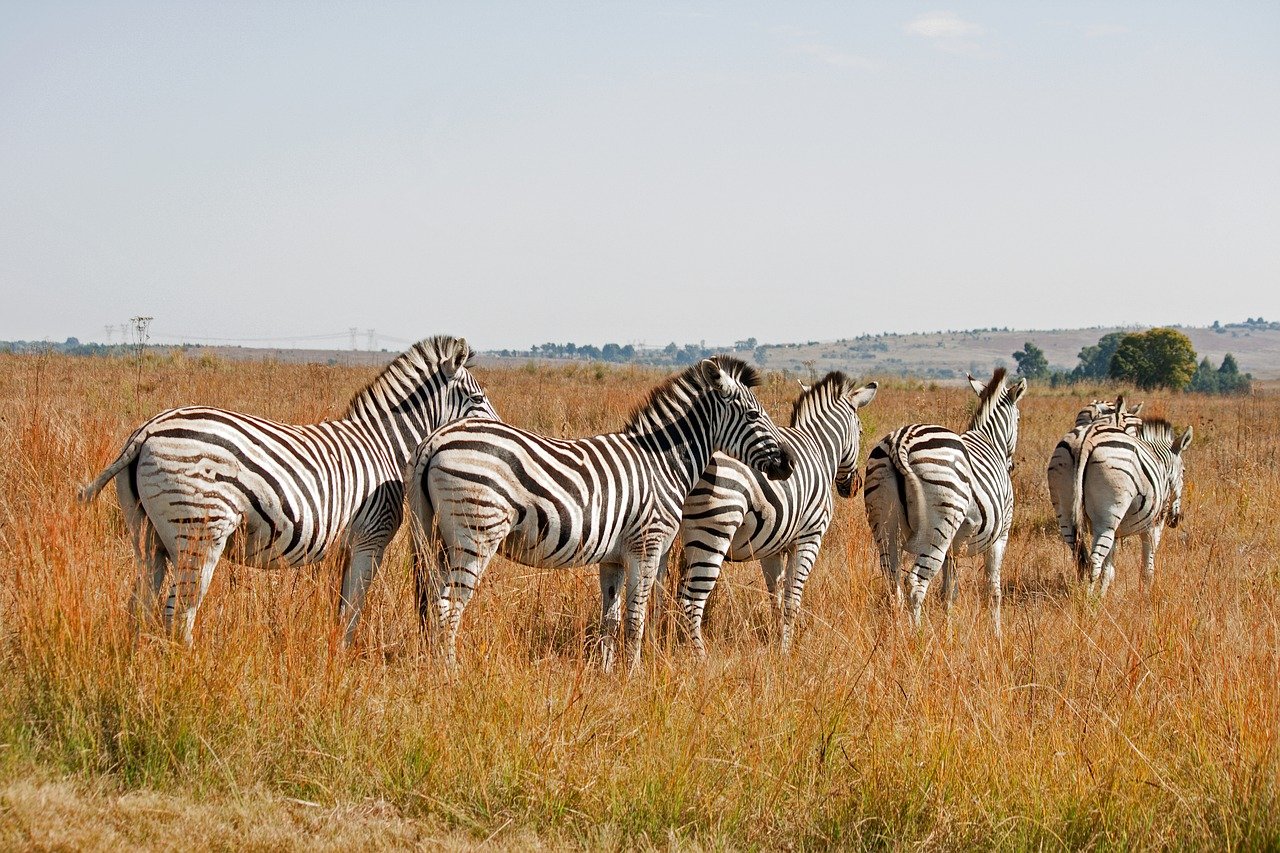 Image by Lynn Greyling from Pixabay
Image by Lynn Greyling from Pixabay
3. Understanding Safari Costs
Like everything else in life, safaris can range from moderately priced to ultra-luxurious. The cost will depend on a number of factors such as the level of comfort you seek, the duration of your stay, and the exclusivity of your experience. Include additional expenses like park entrance fees, guide tips, and travel insurance in your budget.
 Image by Gerd Altmann from Pixabay
Image by Gerd Altmann from Pixabay
4. Health Precautions
Before you travel, check if any vaccinations are required or recommended for where you're going. Malaria is prevalent in many safari regions, so ask your doctor about prophylactics. Pack a first aid kit, including the basics like bandages, Ibuprofen, alcohol wipes, gauze, etc. It's also wise to make sure you have travel health insurance.
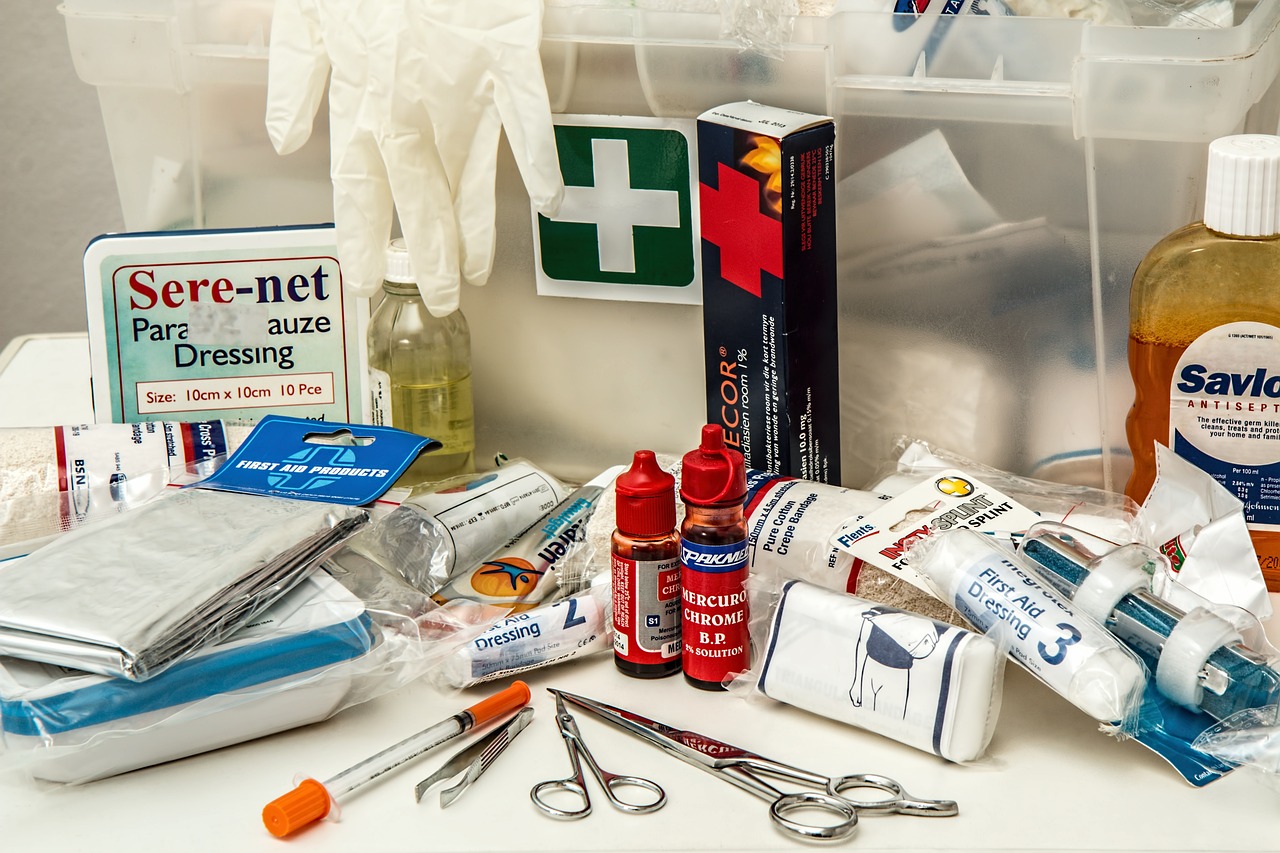 Image by Steve Buissinne from Pixabay
Image by Steve Buissinne from Pixabay
5. What to Pack
Packing for a safari is all about bringing lightweight, breathable clothing in neutral colours that blend with the environment. You don't want to be wearing lime green and get spotted by a leopard. Don’t forget a good hat, sunglasses, and sunscreen for protection against the sun. Also, make sure you don't forget your binoculars and a quality camera.
 Image by Giorgio Giorgi from Pixabay
Image by Giorgio Giorgi from Pixabay
6. Choosing the Right Accommodation
Accommodation on a safari can vary, with options like basic campsites to luxurious lodges. Consider your comfort levels and whether you prefer being closer to nature or if you absolutely need a running shower with hot water. Make sure to check reviews and what’s included before you book.
7. Cultural Considerations
Research the local customs and etiquette of the area you will be visiting. Learn a few basic phrases in the local language to show respect and enhance your interaction with the local communities. It's also essential that you're aware of and adhere to any dress codes or cultural norms.
 Image by Martín Alfonso Sierra Ospino from Pixabay
Image by Martín Alfonso Sierra Ospino from Pixabay
8. Wildlife Interaction Ethics
Understand that you're visiting animals in their natural habitat. Maintain a safe and respectful distance at all times. Avoid the temptation to call out or mimic animal sounds, as this can stress the wildlife. Follow your guide’s instructions and do not, under any circumstance, feed any animals.
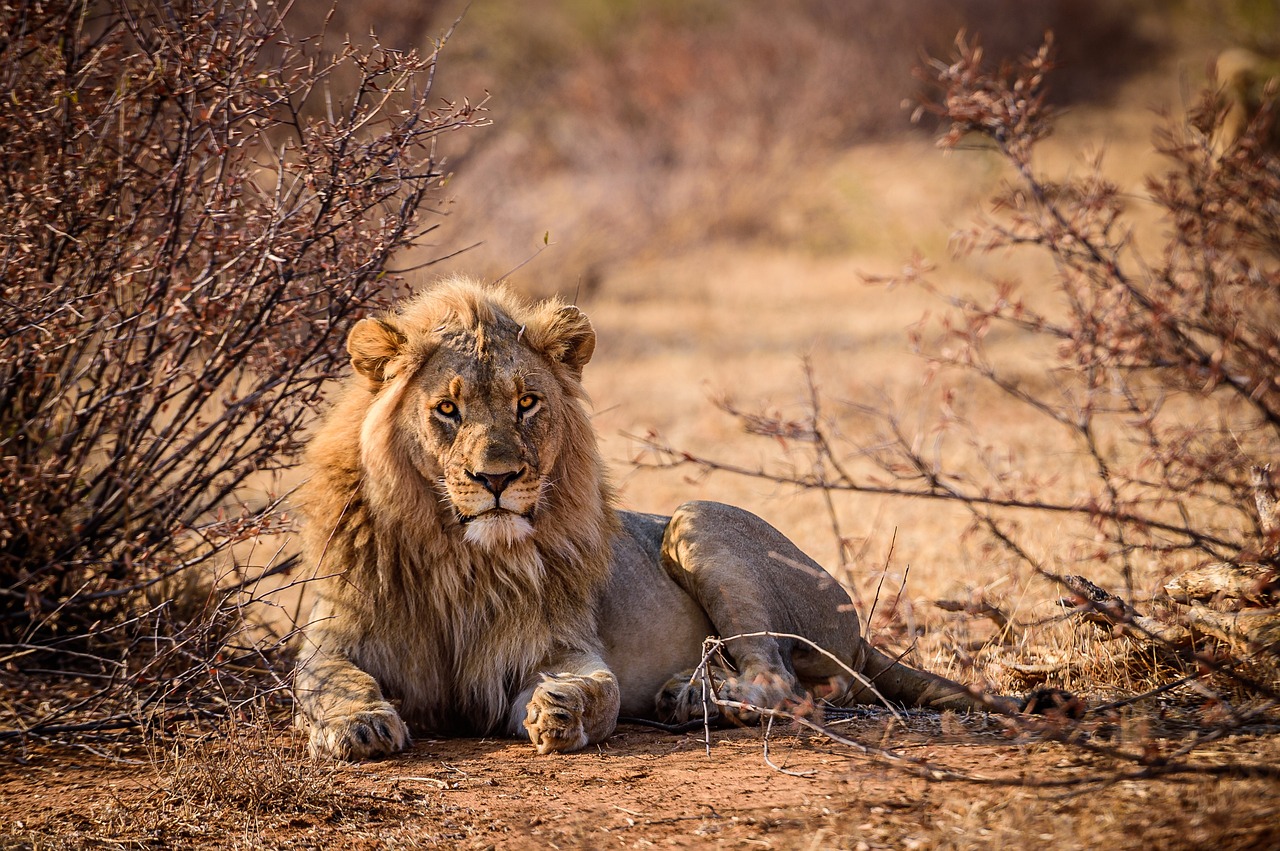 Image by matrishva vyas from Pixabay
Image by matrishva vyas from Pixabay
9. Safety Guidelines
Safaris are generally safe, but it's vital to follow all safety guidelines. Listen to your guide’s safety briefing and ask questions if you’re unsure about anything. Stay inside your vehicle unless told otherwise. At campsites, be vigilant as animals can wander through at night.
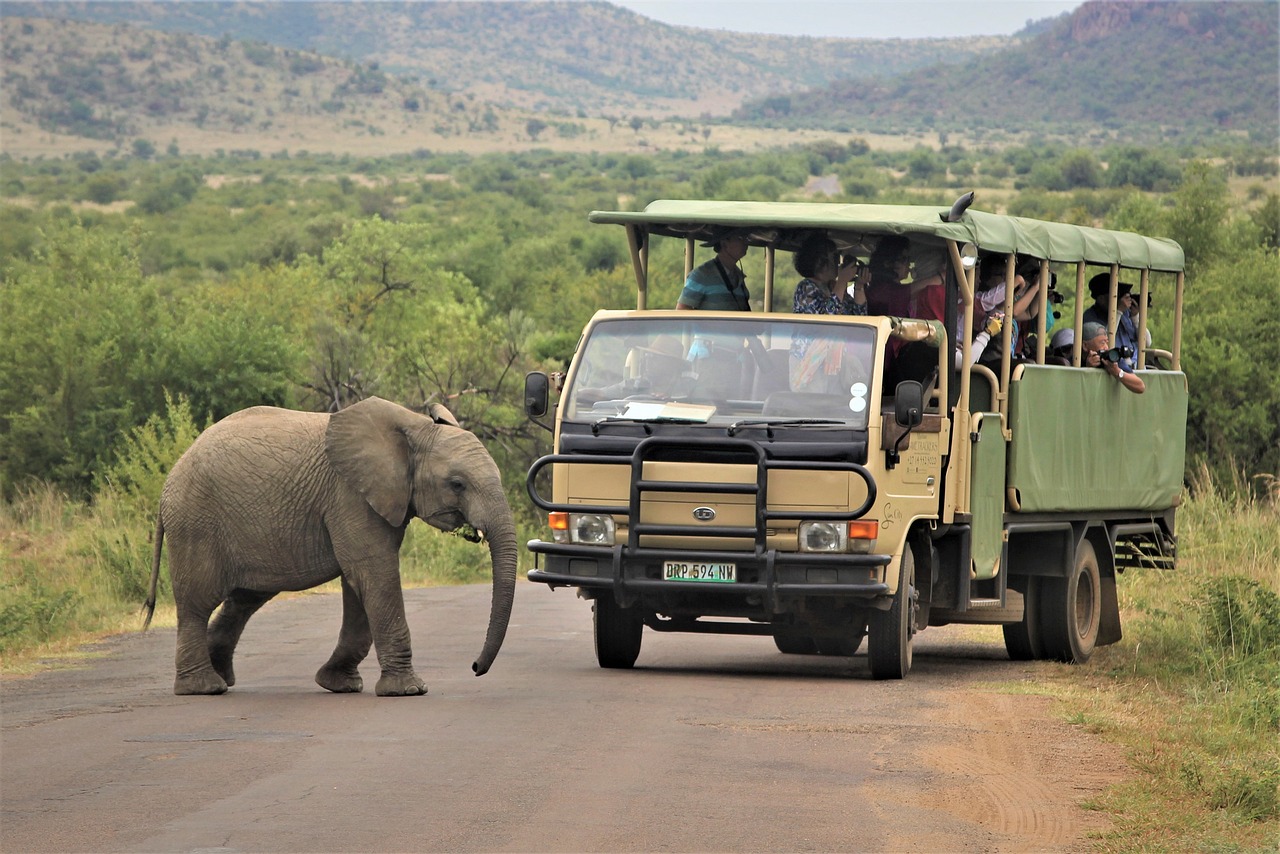 Image by Nel Botha from Pixabay
Image by Nel Botha from Pixabay
10. Photography Tips
To capture the best wildlife shots, make sure you bring a camera with a lens that can zoom. Early mornings and late afternoons provide the best light for photography. Always be patient; great shots come when you wait for the right moment.
 Image by Robert Owen-Wahl from Pixabay
Image by Robert Owen-Wahl from Pixabay
11. Using Local Guides
Hiring a local guide can ensure you have the best possible safair experience. Locals know best and they can provide expert knowledge of the area and animal behaviour. Guides can spot wildlife that you might miss and provide insights into the local ecosystem.
12. Travel Insurance
Getting the right travel insurance is essential for a safari. Make sure it covers trip cancellations, medical emergencies, and, if possible, emergency evacuation. Check that your policy is suitable for the activities you plan to engage in, such as hot air ballooning or hiking.
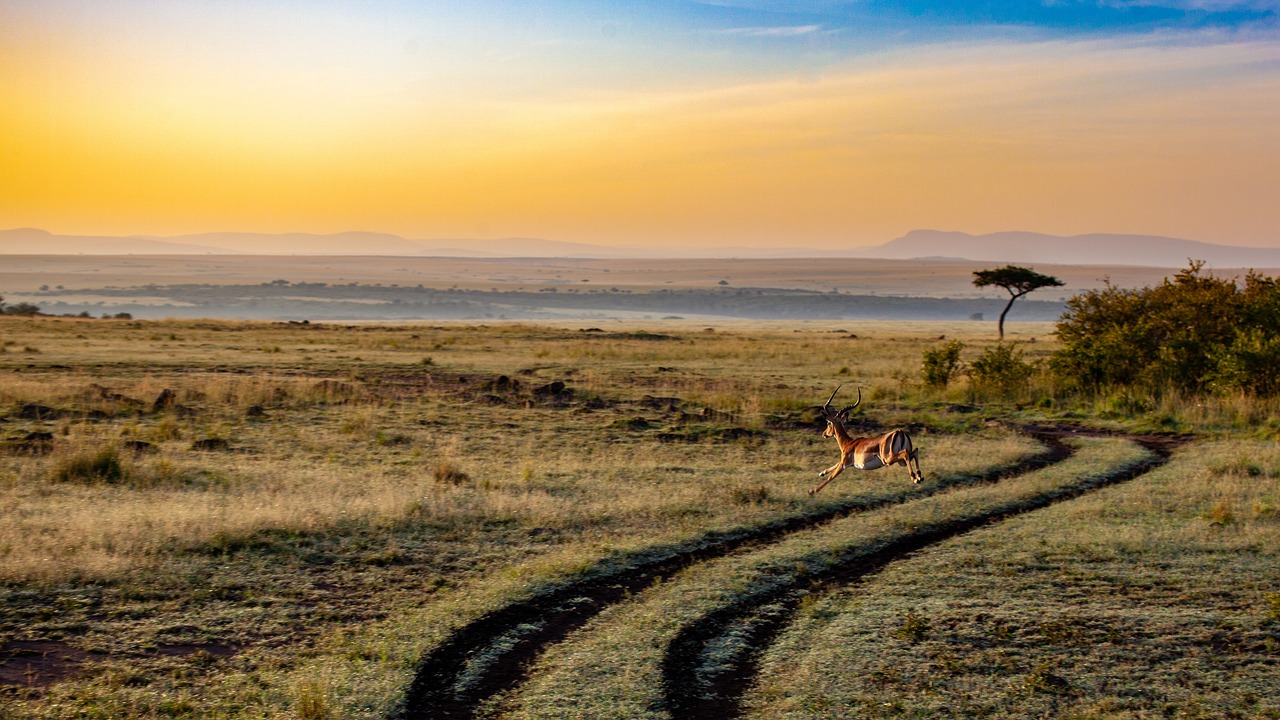 Image by Dan Sudermann from Pixabay
Image by Dan Sudermann from Pixabay
13. Conservation Awareness
Many safari destinations are in conservation areas, where it's critical to protect the nature and animals in that designated area. Support conservation efforts by choosing eco-friendly lodges and tours that actively contribute to conservation. By doing so, you can ensure your visit is helping fund these conservation efforts.
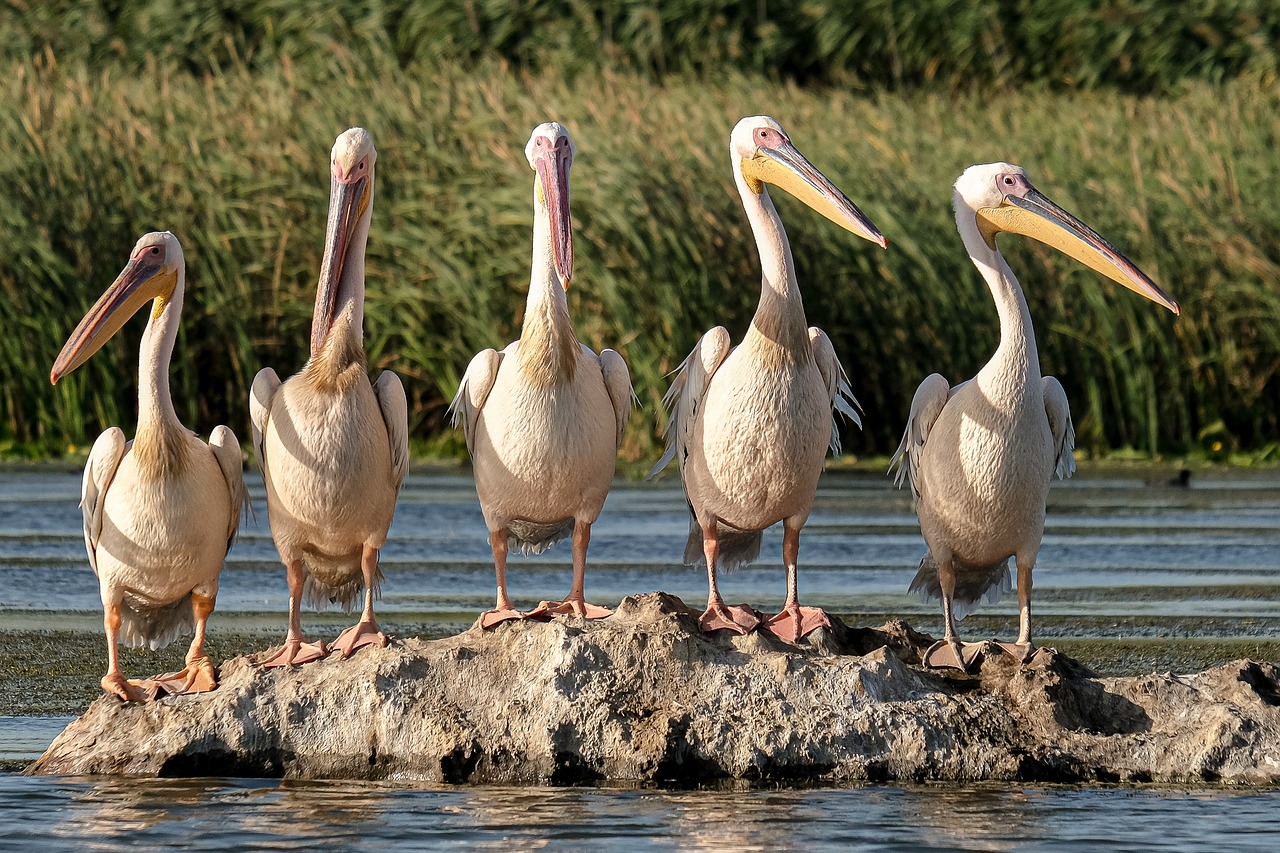 Image by Andrei Prodan from Pixabay
Image by Andrei Prodan from Pixabay
14. Communication Facilities
In remote safari destinations, internet access and phone coverage can be limited. Prepare to be off-grid during much of your safari. Inform family and friends of your itinerary and how often you might be in contact. Some lodges offer Wi-Fi, but it may be slow and unreliable.
 Image by Jan Vašek from Pixabay
Image by Jan Vašek from Pixabay
15. Food and Drink
Safari lodges and camps usually offer a variety of meals that cater to different dietary requirements. Drink only bottled or filtered water. Like you would when travelling to any other destination, trying the local cuisine can significantly enhance your overall experience and ensure you're getting the full effect.
 Image by Antony Trivet from Pixabay
Image by Antony Trivet from Pixabay
16. Handling Insects
Insects, including mosquitoes, can be a health hazard and quite honestly, a downright nuisance. Wear insect repellent and cover up during dawn and dusk when insects are most active. Many lodges provide mosquito nets for beds; make sure they are properly sealed at night.
17. Night Safaris
Participating in a night safari can be so thrilling, offering a chance to see nocturnal wildlife. These safaris require special permissions and guides who know how to safely navigate the wilderness at night. Because remember, you are in the wilderness so it's best to go with someone who knows the area.
18. Environmental Responsibility
Practice responsible tourism by minimizing your environmental impact. Dispose of waste properly, use water sparingly, and avoid plastic when possible. Follow established trails and instructions from your guide to avoid damaging the natural habitat.
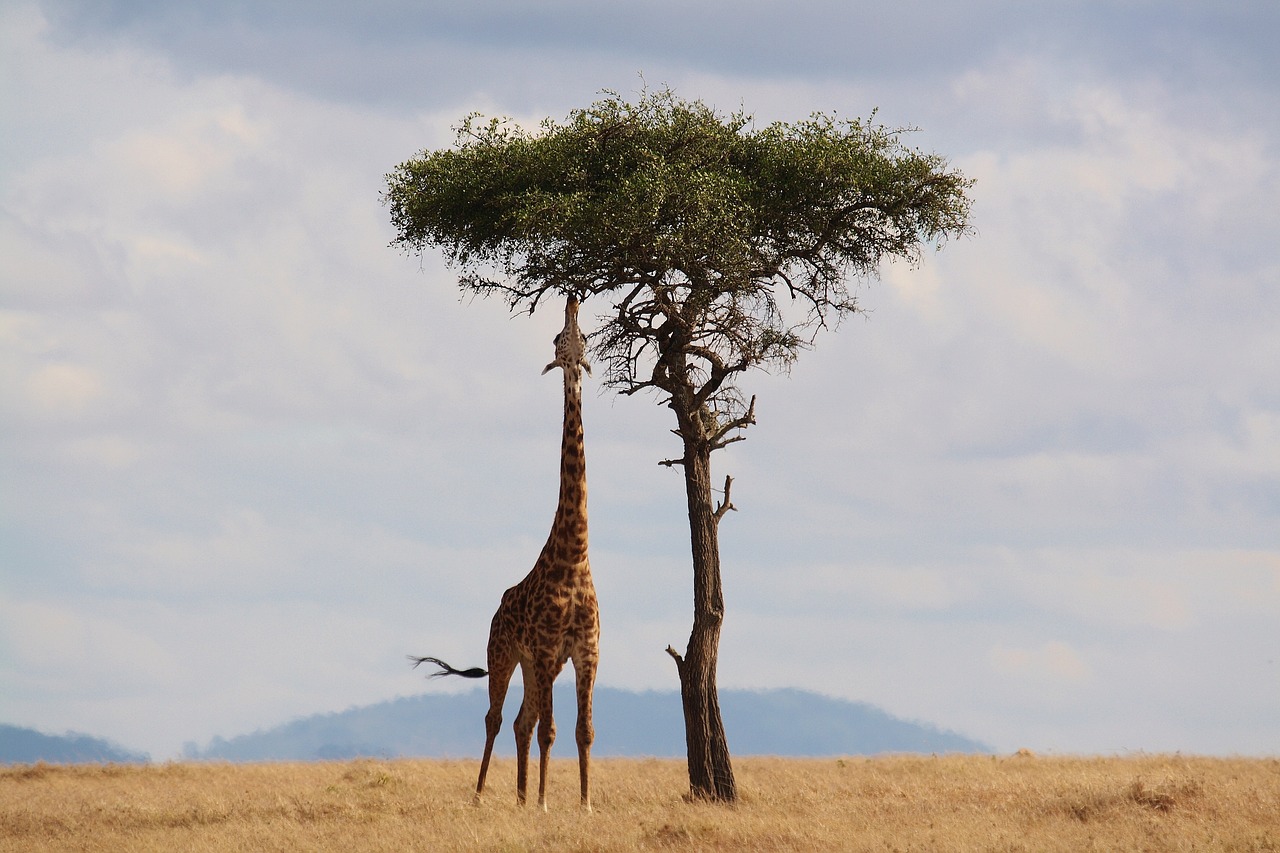 Image by HowardWilks from Pixabay
Image by HowardWilks from Pixabay
19. Local Interaction
Engaging with local communities can be enriching. Many safaris offer cultural tours or visits to local villages. Participate respectfully and consider purchasing crafts directly from local artisans to support the community.
 Image by Manuela Milani from Pixabay
Image by Manuela Milani from Pixabay
20. Relax and Enjoy
Finally, while it's important to be prepared, don't forget to relax and enjoy your adventure. A safari is an opportunity to disconnect from the hectic pace of modern life and connect with nature. Be present, savor the moments, and enjoy the awe-inspiring experiences that await you.
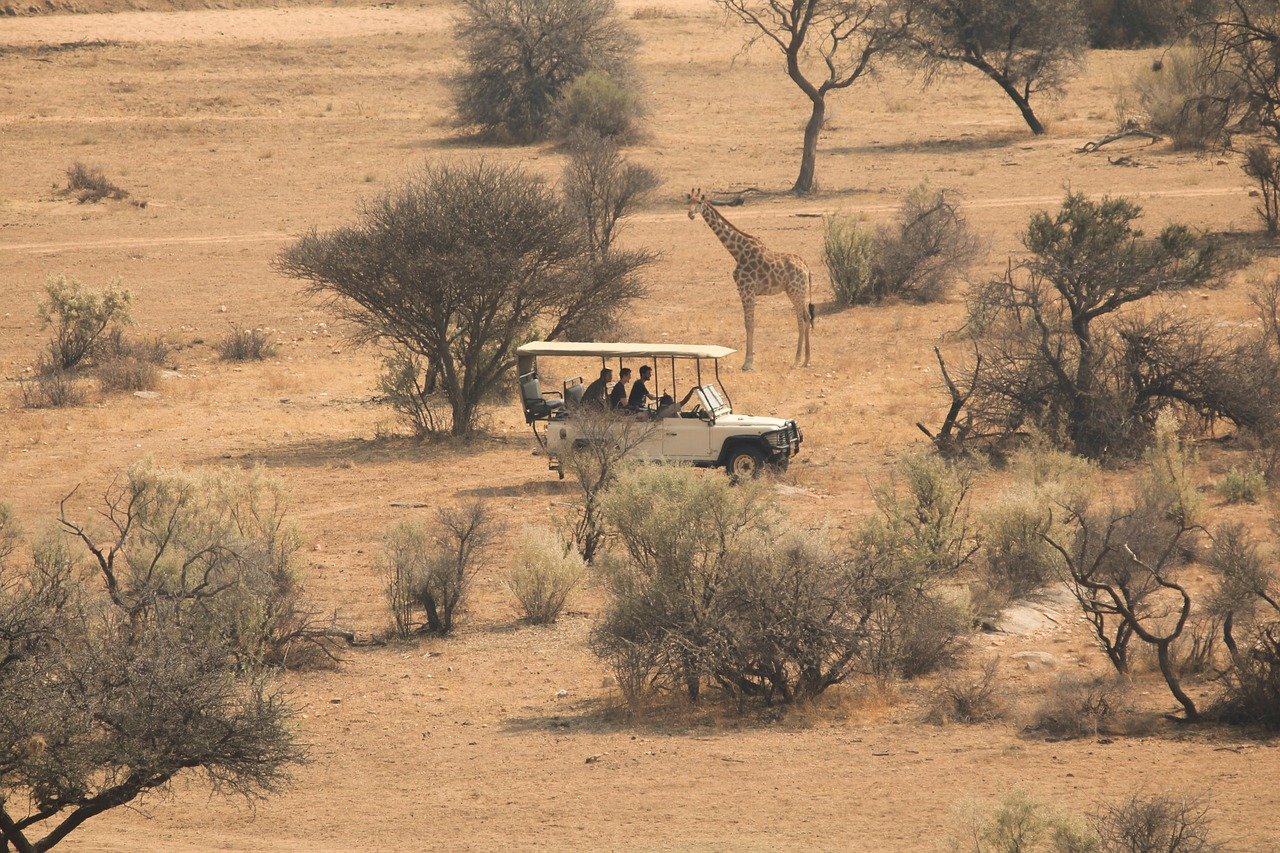 Image by Danièle Konsbruck from Pixabay
Image by Danièle Konsbruck from Pixabay


